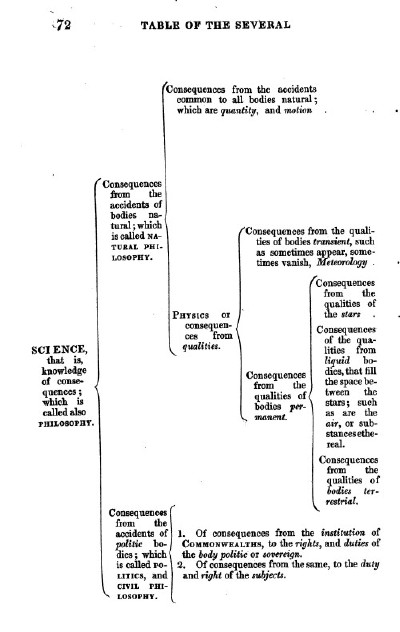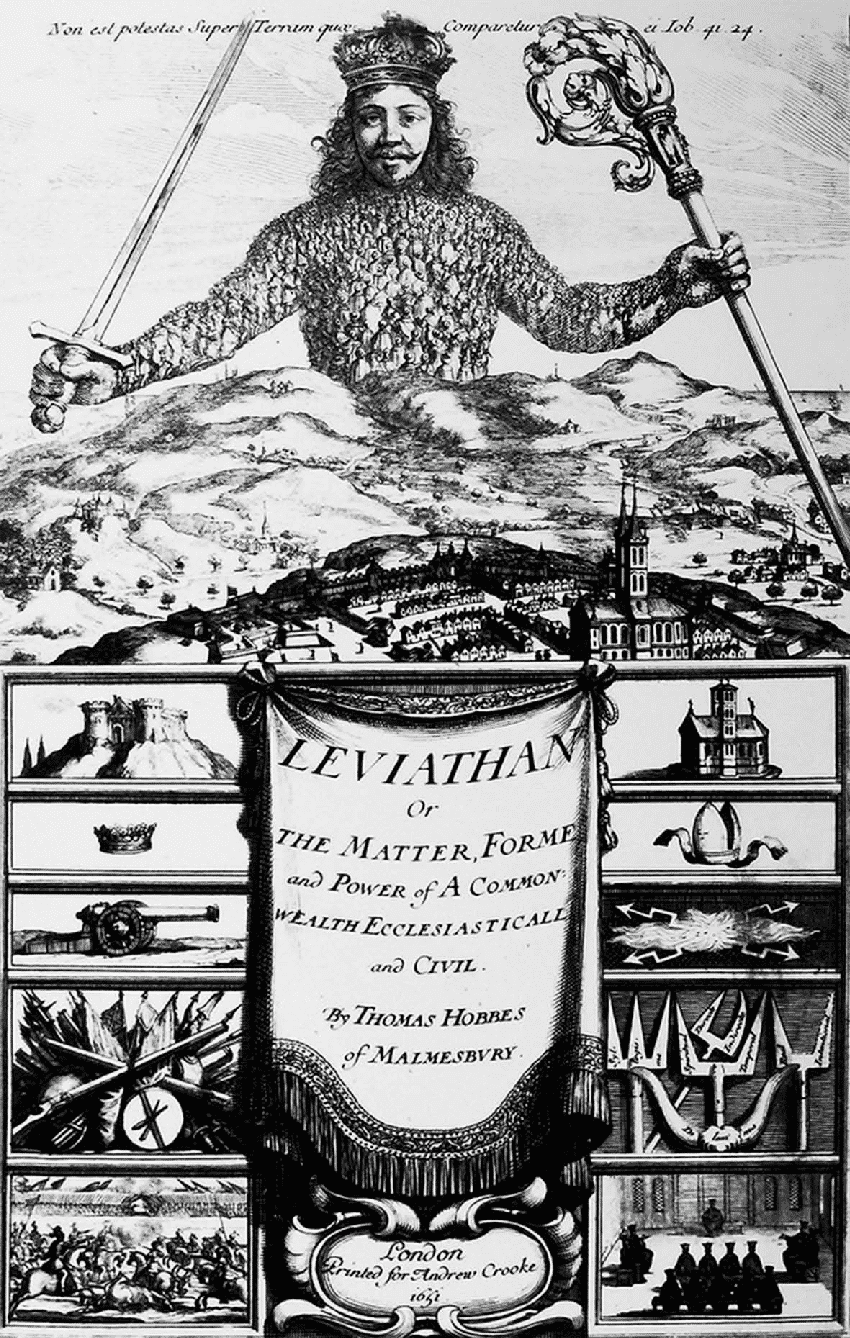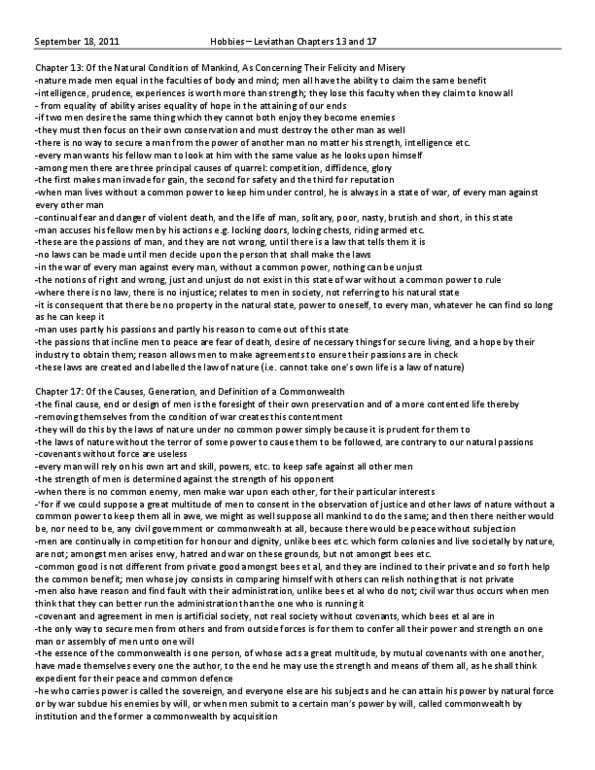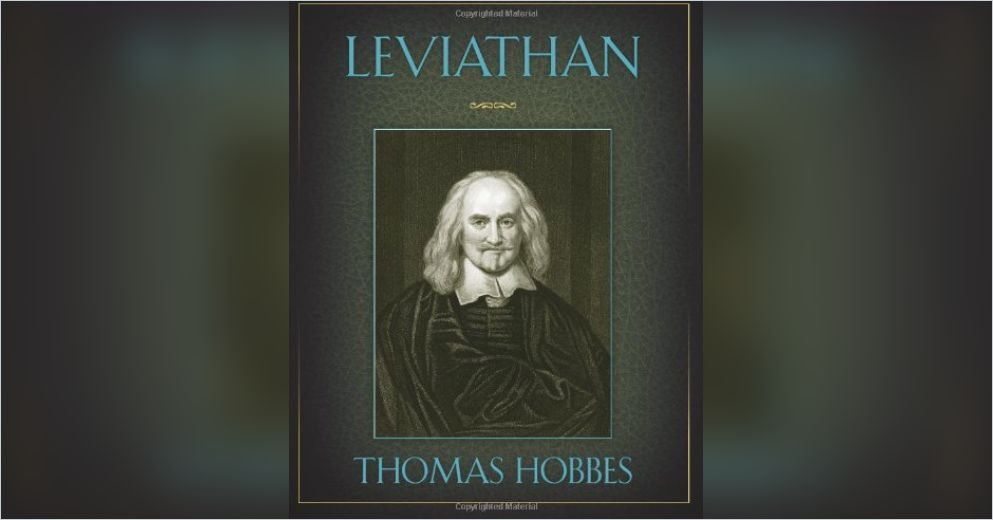Hobbes Leviathan Chapter 13 Summary
Summary of Leviathan by Thomas Hobbes: A Comprehensive Study
Leviathan by Thomas Hobbes is a renowned political philosophy book that explores the concept of the social contract and its implications for society. In Chapter 13, Hobbes delves into the nature of commonwealths, highlighting the need for a strong sovereign to maintain order and prevent the chaos that arises in the absence of a ruling authority. This summary provides a personal perspective on Chapter 13, offering insights into Hobbes' ideas and their relevance in today's world.
Hobbes' Understanding of Commonwealths
.png)
Hobbes introduces the concept of commonwealths as the result of a social contract between individuals to establish a ruling authority. He argues that without the existence of a central power, human beings would revert to a state of constant warfare, where life is "solitary, poor, nasty, brutish, and short." Hobbes' understanding of the necessity of commonwealths stems from his belief that individuals are driven by self-interest and the pursuit of power, which ultimately results in conflict and chaos.
In Chapter 13, Hobbes presents a compelling case for the need for a strong sovereign who can enforce laws and maintain order in society. He emphasizes the importance of absolute power vested in the sovereign, as any division of power would lead to dissent and the eventual breakdown of the social contract. By placing supreme authority in the hands of a single ruler, Hobbes argues that the commonwealth can ensure the safety and welfare of its citizens.
Implications of Hobbes' Theory in the Modern World
Hobbes' ideas on commonwealths continue to have significant implications in contemporary society. The concept of a strong sovereign resonates with the need for a stable government to maintain law and order. In today's complex world, where conflicts and power struggles are ever-present, Hobbes' theory offers insights into the importance of a centralized authority to prevent societal breakdown.
The idea of self-interested individuals driven by power may also find echoes in various aspects of modern life, such as politics and economics. Hobbes' analysis of human nature provides a lens through which we can understand the motivations behind individuals' actions, particularly in competitive arenas where interests clash and power dynamics come into play.
The Limits of Absolute Power

While Hobbes advocates for absolute power vested in a sovereign, the potential dangers and limitations of such a system cannot be ignored. The concentration of power in the hands of a single ruler raises concerns regarding the abuse of authority and potential oppression of citizens. Additionally, the absence of checks and balances may hinder progress and innovation, as dissenting voices and alternative perspectives may be suppressed.
Critics of Hobbes argue that his theory neglects the importance of individual freedoms and the value of collective decision-making. The idea of a benevolent dictator ruling in the best interest of the people may seem idealistic but challenging to achieve in practice. Contemporary debates on democracy and the separation of powers challenge Hobbes' notion of absolute sovereignty, emphasizing the importance of participation and the distribution of power among different branches of government.
FAQs
1. Is Hobbes' theory of absolute sovereignty still relevant today?
Hobbes' theory of absolute sovereignty continues to be relevant in the context of maintaining law and order. However, in modern democracies, the idea of checks and balances and the distribution of power among different branches of government has gained prominence.
2. Does Hobbes' theory consider the role of individual freedoms?
Hobbes' theory focuses more on the need for order and stability rather than individual freedoms. However, contemporary societies emphasize the importance of both individual liberties and collective decision-making in the governance process.
3. How does Hobbes' theory relate to the social contract?
Hobbes' theory of commonwealths is closely tied to the concept of the social contract. He argues that individuals willingly surrender their freedom to a sovereign in exchange for security and protection. The social contract forms the basis for the establishment of a ruling authority and the maintenance of a functioning society.
Similar Topics to Hobbes' Leviathan Chapter 13 Summary
- Hobbes' theory of the state of nature
- The relationship between power and conflict
- The role of sovereignty in maintaining order
In conclusion, Chapter 13 of Leviathan by Thomas Hobbes delves into the nature of commonwealths and the necessity of a strong sovereign to maintain order and prevent chaos. Hobbes' understanding of human nature as motivated by self-interest and the pursuit of power offers insights into the dynamics of contemporary society. While his theory of absolute sovereignty has its limitations, it remains relevant in discussions on governance and the role of the state. By exploring similar topics and engaging in thoughtful analysis, individuals can gain a deeper understanding of the complexities surrounding political philosophy and its implications for the modern world.
Summary Of Leviathan By Thomas Hobbes: A Comprehensive Leviathan Study
-p-1600.png) Image Source : essaypro.com
Image Source : essaypro.com 19+ Hobbes Leviathan Chapter 17 Summary - TheaBiborka
 Image Source : theabiborka.blogspot.com
Image Source : theabiborka.blogspot.com Summary Of Leviathan By Thomas Hobbes: A Comprehensive Leviathan Study
.png) Image Source : essaypro.com
Image Source : essaypro.com Hobbes Leviathan Chapter 21 Summary - AhsenMuhannad
 Image Source : ahsenmuhannad.blogspot.com
Image Source : ahsenmuhannad.blogspot.com Leviathan By Thomas Hobbes - Download The Free PDF E-book
 Image Source : www.holybooks.com
Image Source : www.holybooks.com hobbes leviathan leviatán thinkers enlightenment iguales baruj distintos spinoza quadrinheiros sutori
19+ Hobbes Leviathan Chapter 17 Summary - JulieBikash
 Image Source : juliebikash.blogspot.com
Image Source : juliebikash.blogspot.com Hobbes Leviathan Chapter 17 Summary - IngridEkanshi
 Image Source : ingridekanshi.blogspot.com
Image Source : ingridekanshi.blogspot.com Leviathan Free Summary By Thomas Hobbes
 Image Source : www.getabstract.com
Image Source : www.getabstract.com leviathan hobbes summary thomas getabstract
Hobbes leviathan leviatán thinkers enlightenment iguales baruj distintos spinoza quadrinheiros sutori. Leviathan by thomas hobbes. 19+ hobbes leviathan chapter 17 summary. Leviathan free summary by thomas hobbes. Leviathan hobbes summary thomas getabstract